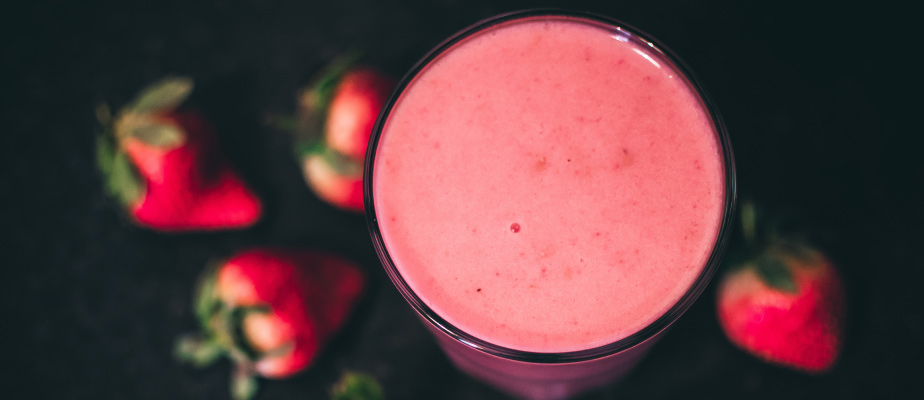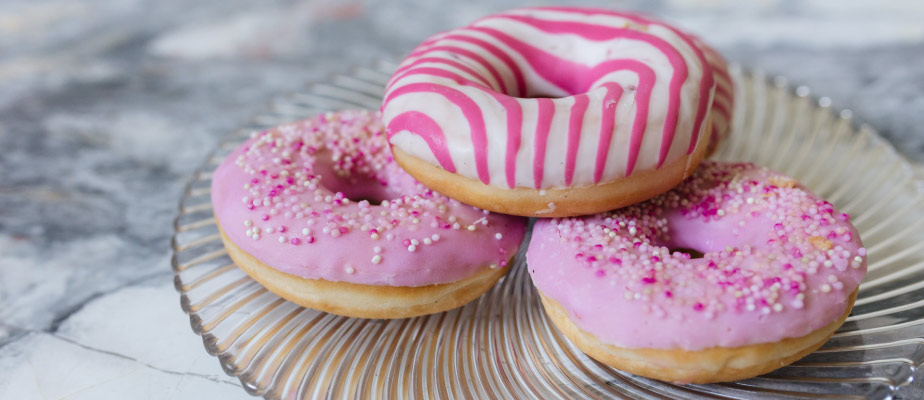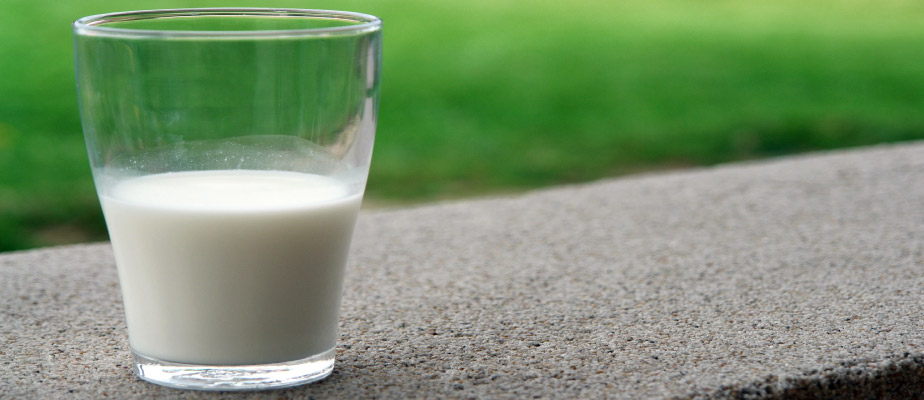
Tooth sensitivity is a relatively common dental issue. For many patients, it becomes especially noticeable during the winter months when exposure to cold air results in a stinging sensation in teeth. Drinking an especially hot or cold beverage can have a similar effect, along with eating highly acidic or sugary foods. If doing any of the things makes you wince or if they provoke a painful sensation in your teeth, you have sensitive teeth. Luckily, our team at Villa Vista is experienced in treating tooth sensitivity. Today, we want to explain some of the causes of tooth sensitivity and discuss some of the common treatments.
Damaged Enamel
One of the primary causes of tooth sensitivity is damaged enamel. Enamel is the hardest material in your body and serves as a protective covering for your teeth, but it is not indestructible. For one, enamel can be damaged through poor oral hygiene. Bacteria produce acid as they feed on your dietary sugars and starches, and this acid can dissolve and demineralize your tooth enamel. Enamel can also be damaged by nighttime teeth grinding and vigorous tooth brushing, as the bristles on your brush can scrub away enamel along with food particles. When enamel is damaged, it exposes the sensitive roots of your teeth to irritation from extreme temperature and pressure, causing that sharp stinging sensation associated with tooth sensitivity.
Receding Gums
Like damaged enamel, receding gums are another common source of sensitive teeth that can also be caused by poor oral hygiene and vigorous brushing. Without proper cleaning, bacteria in your mouth build up and can accumulate into plaque, a sticky biofilm. Left unattended, plaque can harden into tartar, a substance that irritates gums and can cause them to recede. Moreover, vigorous brushing can damage gums and cause them to recede. When gums recede, they expose the roots of your teeth and cause sensitivity.
Treating Tooth Sensitivity
When our patients come to us with sensitive teeth, we may first recommend they purchase a soft-bristled toothbrush and an anti-sensitivity toothpaste. In other cases, we may recommend using a rinse with fluoride in it or an in-office fluoride treatment. Fluoride can help strengthen enamel through a process called remineralization. Sometimes root canal therapy is necessary. But regardless of how severe your sensitivity is, we’ll help find the right solution for you!
If you’ve been dealing with sensitive teeth this winter, give us a call today to learn about how we can help!









